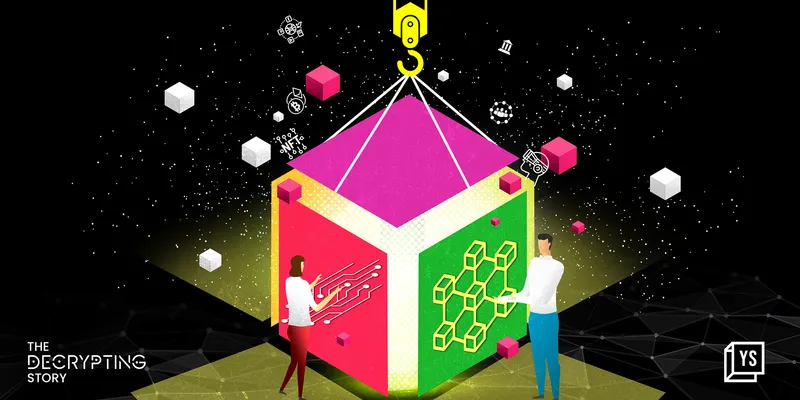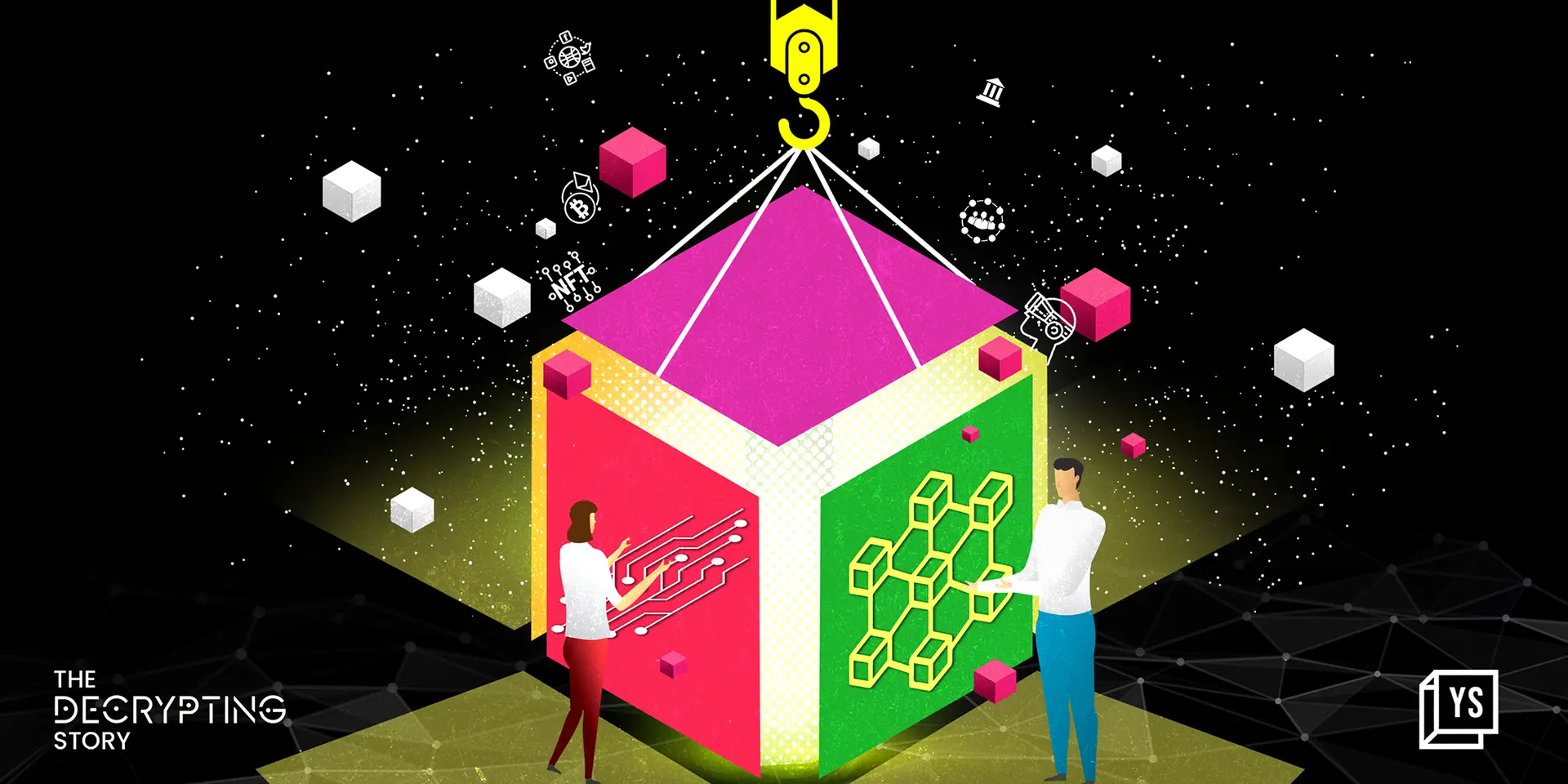Inside India’s first regulatory sandbox for Web3 startups
Telangana has launched a Web3 regulatory sandbox for selected blockchain startups to test their solutions in a controlled environment and receive support in the form of mentorship, regulatory compliance and collaboration.
Despite the global uptake of blockchain and crypto products and services, India is still grappling with a lack of robust regulations in this segment.
Limited clarity around how innovative blockchain products can function in Indian markets has prompted many entrepreneurs to shift base to more crypto-friendly places like Dubai and Singapore.
In fact, a 2022 NASSCOM report found that 60% of Indian Web3 startups were registered outside the country but hired their tech workforce domestically.
While the central government seeks global cooperation to regulate crypto and blockchain products and services, one Indian state has taken the first step to create a conducive regulatory environment for experimenting with blockchain apps.
Recently, Telangana state launched a Web3 regulatory sandbox for selected blockchain startups to test their solutions in a controlled environment. The companies can also receive support in the form of mentorship, regulatory compliance and collaboration with key ecosystem stakeholders.
“Regulations happen at the central level. So, we are bringing together central bodies such as the Securities and Exchange Board of India (SEBI), Reserve Bank of India (RBI), and Insurance Regulatory and Development Authority (IRDA) to collaborate with Web3 startups at the state level,” Rama Devi Lanka, Director of Emerging Technologies at Telangana, tells The Decrypting Story.

[Exclusive] Tim Draper urges India to adopt blockchain and crypto for open, transparent governance
First of its kind
In India, Telangana’s Web3 regulatory sandbox is unique since it’s the only government initiative to provide authorisation, legal compliance, security, and authentication for disruptive blockchain projects that otherwise struggle with lack of clarity around existing crypto regulations in the country.
Working inside the controlled environment of the sandbox alongside key stakeholders such as banks could help startups build more understanding before they get into the market.
The sandbox is the brainchild of Jayesh Ranjan, Principal Secretary, Industries and Commerce (I&C) and Information Technology (IT), Telangana, who wanted to address the brain drain of Web3 founders leaving India for lack of regulatory clarity.
Devi Lanka—who is leading efforts in the sandbox—revealed that the first cohort has eight Web3 startups, all of whom will receive access to mentorship, market, and other opportunities.
The state government has also reportedly onboarded banks to help connect the startups with end-users and receive feedback.
The startups in the first cohort are Dygnify, SpotSpreads, Renai, EquiDEI, Finclus, Rariko, Zoth, and Rightsfually.
Devi Lanka said that the sandbox focuses on startups with solutions that could potentially have a significant impact on society, businesses, or the government.
“Telangana government realised the potential of blockchain back in 2017. We have our own blockchain framework to help the government focus on pillars such as transparency, accountability, and privacy,” she says.
“The state is also working on several use cases such as e-voting for smartphone-based voting, seed traceability, and more,” she adds.
How the sandbox works
The sandbox, which is part of Telangana’s larger Emerging Technologies effort, features a continuous operating format.
The governing council will review applications and approve participants at each meeting. Initially, the size of active participants will be limited to 10-15 who can exit as soon as they complete the testing process, which should not exceed six months.
The observations on regulatory policies made in the sandbox will be passed on to regulatory bodies, and state-level policies will be drafted to implement the findings.
Web3 industry consortium India Blockchain Forum (IBF) is one among many partners helping startups in Telangana’s Web3 sandbox.
“A lot of people in India’s Web3 segment are worried about the ambiguity in regulating crypto as virtual digital assets,” says Pankaj Diwan, Co-founder of IBF. “Therefore, we are supporting Telangana’s Web3 sandbox with mentorship and support for funding, compliance, technical requirements, and more.”
The sandbox’s other partners include Sino Global Capital, Team Blockchain Lawyer, Devfolio, and more.

Kirthiga Reddy is building Virtualness to simplify Web3 for creators and brands
Taking blockchain mainstream
As per Chainalysis’ 2022 Geography of Cryptocurrency report, India ranks fourth in crypto adoption and number one in DeFi protocol adoption.
However, other use cases of blockchain—such as in supply chains, social media, mobility, and other sectors—remain nascent.
Telangana’s sandbox aims to enable early-stage Web3 startups from across sectors to close collaboration with government authorities. This will help them contextualise their products for the Indian market and meet compliance requirements.
For instance, Dygnify has built a product to address SME credit gaps by channelling liquidity from digital asset investors. But it needs to meet compliance and regulatory requirements in India before it can address India’s MSME credit gap.
“Working with Telangana’s Web3 regulatory sandbox will help bring more clarity on how to execute such a use case in India,” says Nishant Nigam, Co-founder, Dygnify. “With this collaboration, we are looking forward to conducting pilots, receiving access to market opportunities, as well as getting feedback.”
By helping Web3 startups like Dygnify, the Telangana government aims to give central regulators a close look at the impact that disruptive, innovative blockchain products can have on India.
The larger goal of the initiative is to push for more progressive regulations to make blockchain technology more mainstream in building the next generation of Indian apps, products and services.
(The story was updated to change Indian Blockchain Forum to India Blockchain Forum, and a quote has been updated for clarity)
(Cover image designed by Chetan Singh)
Edited by Kanishk Singh



